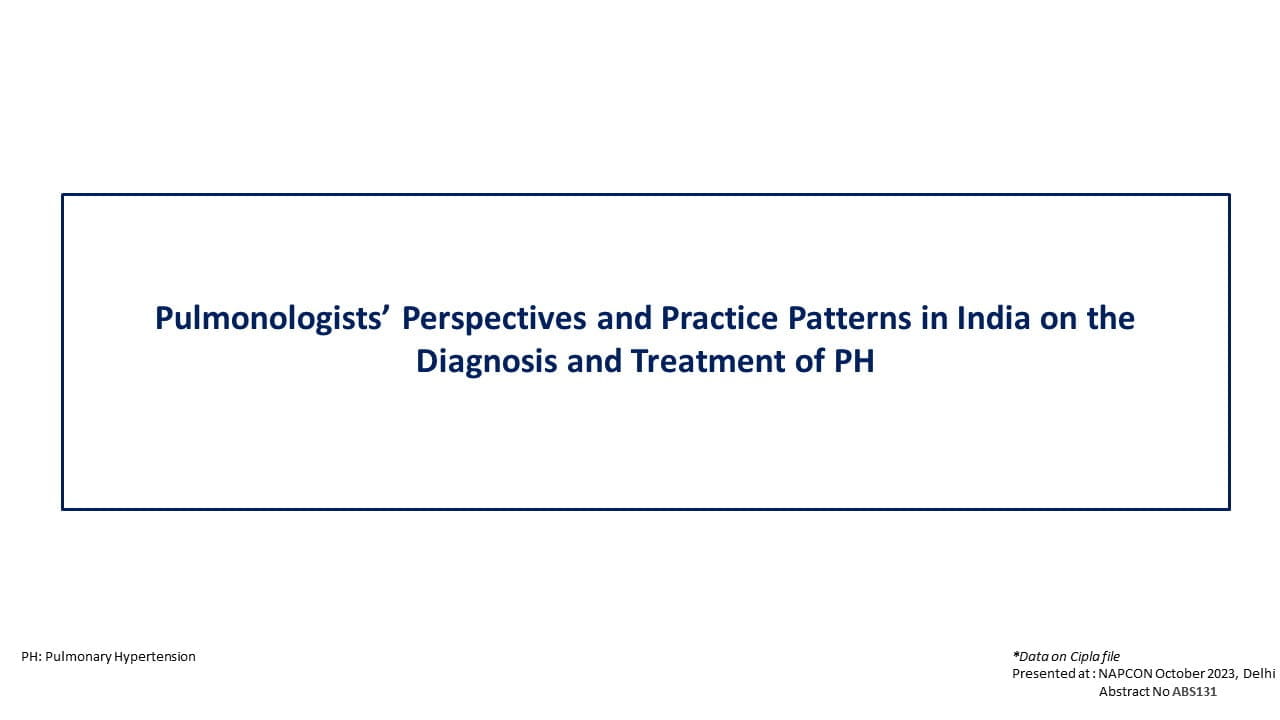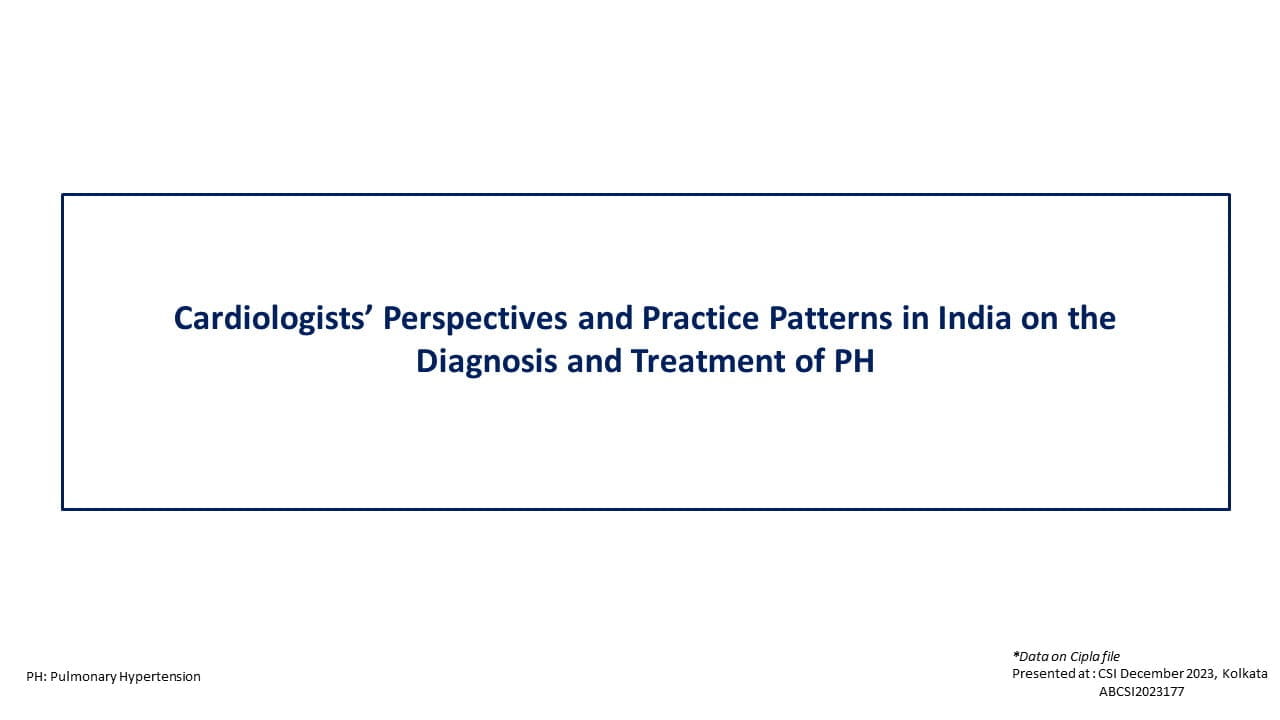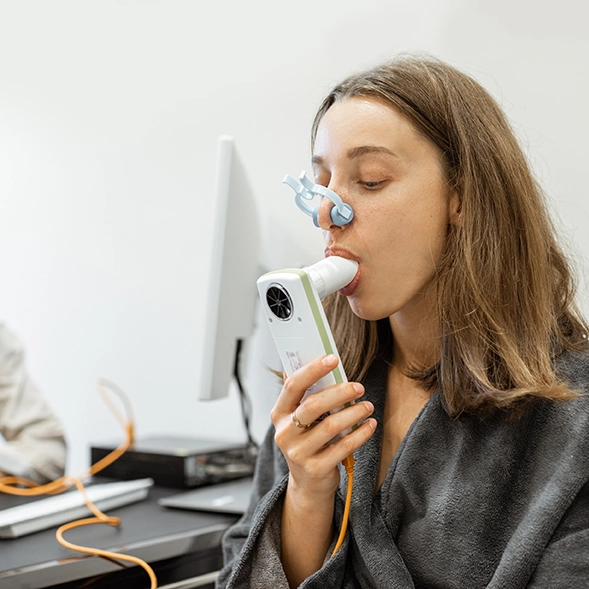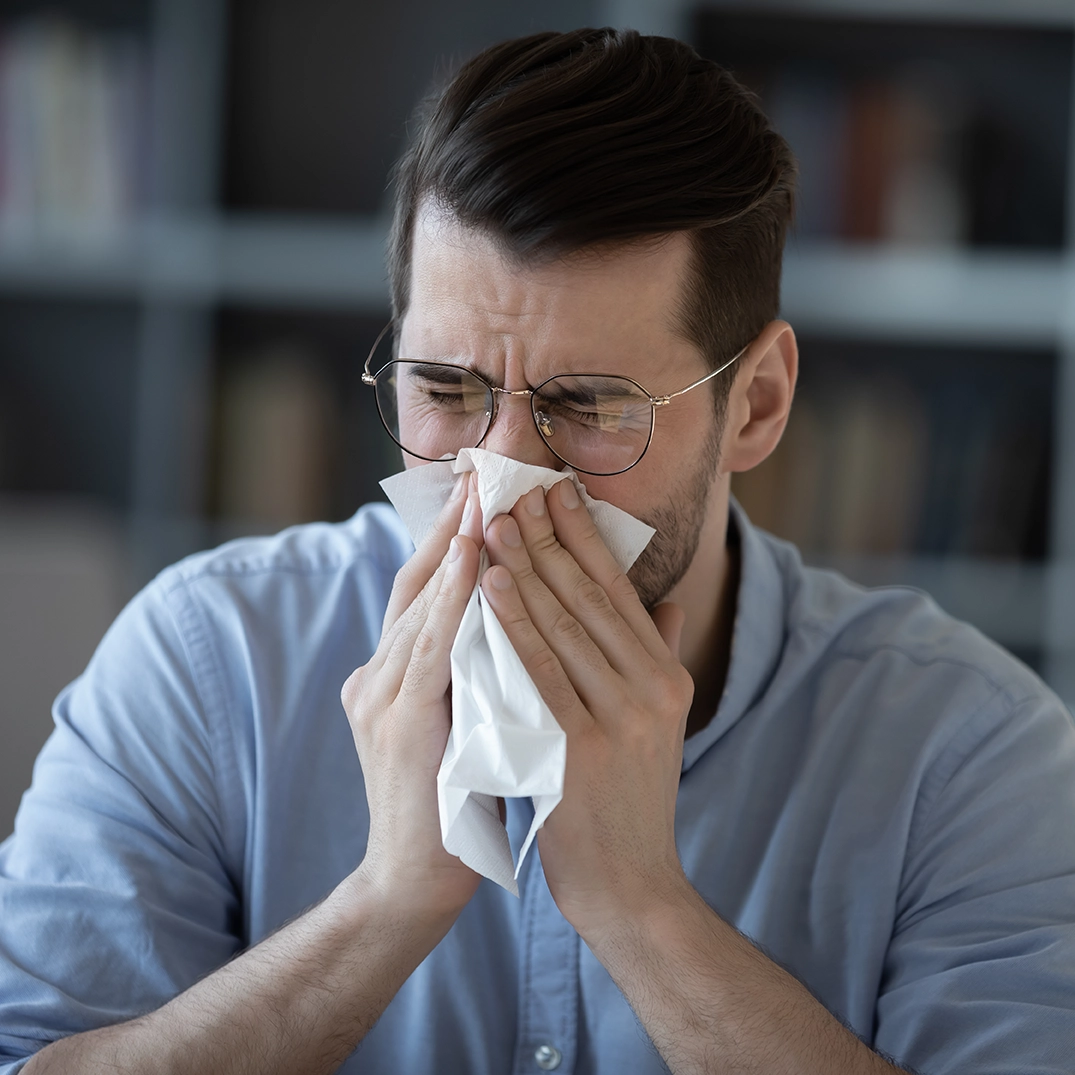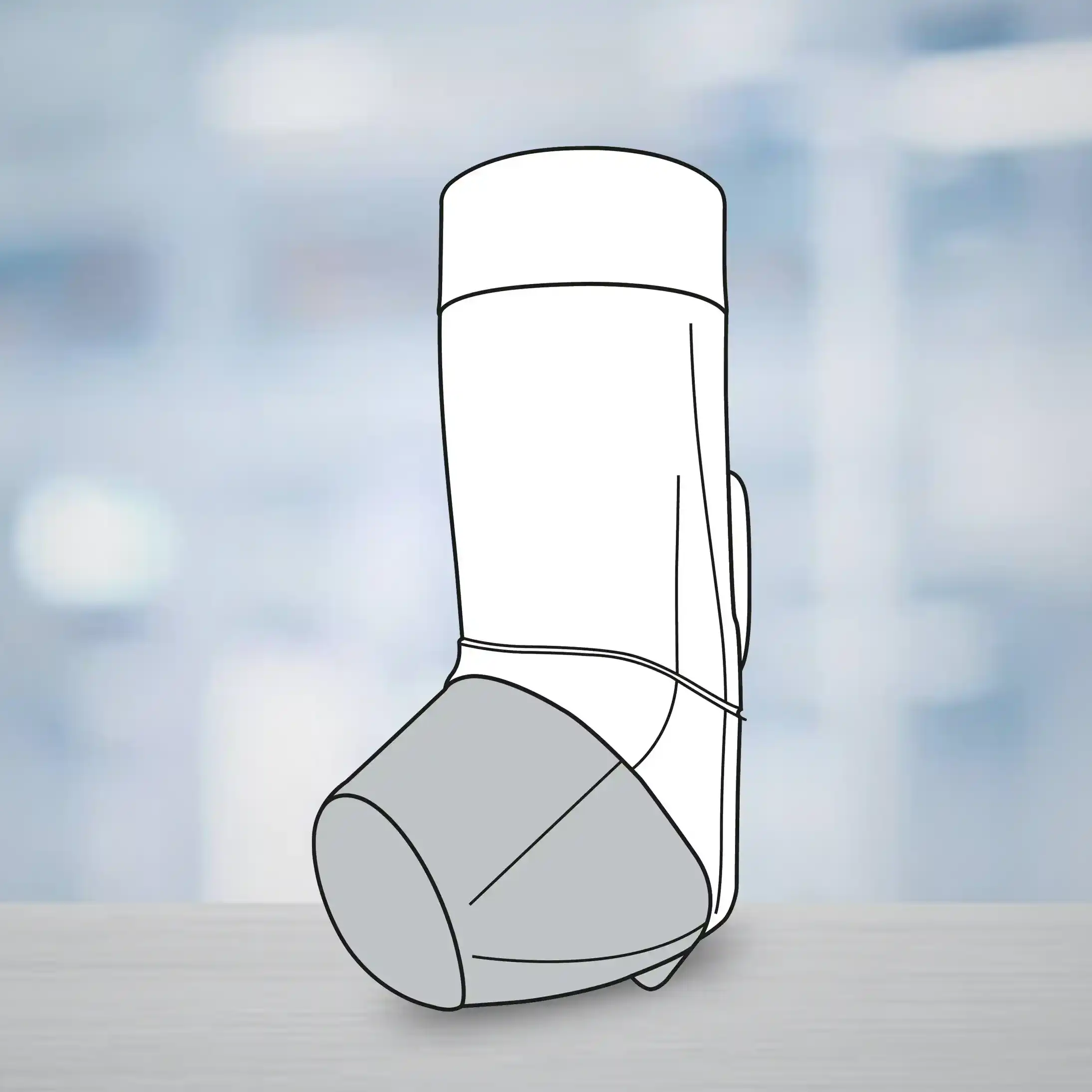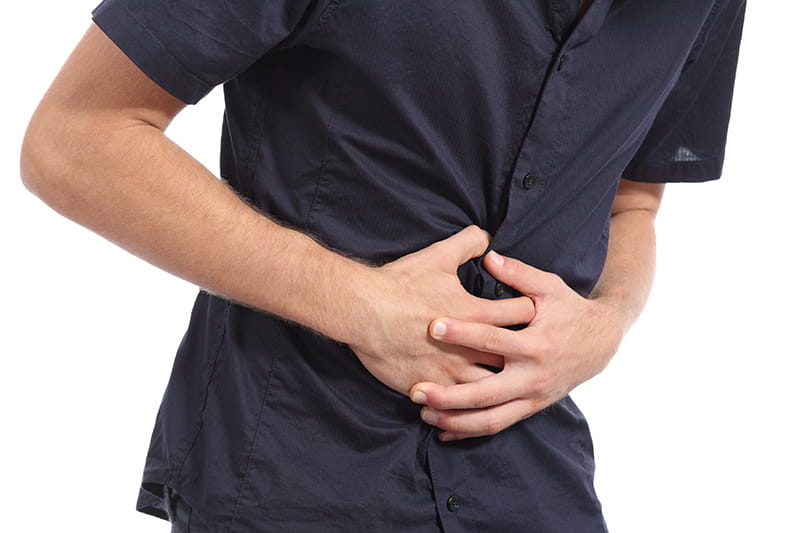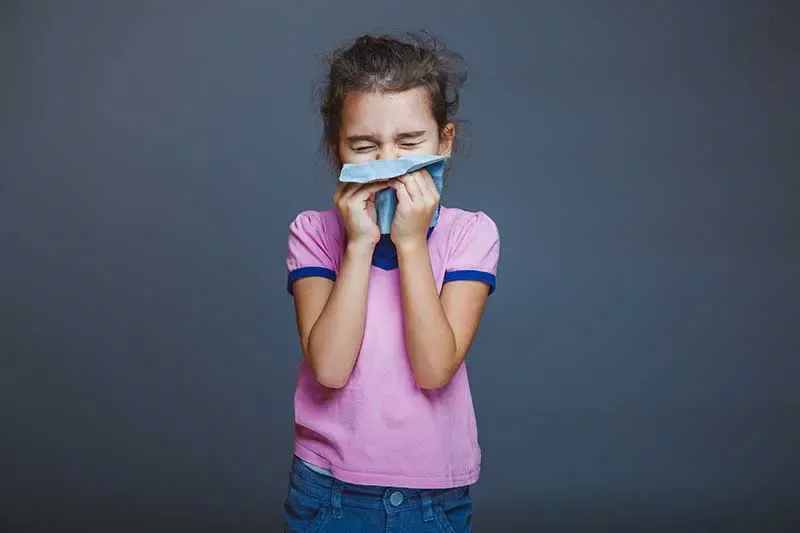Hand Hygiene: All you Need to know about Hand Sanitizers!
5 Jun, 20
Germs are everywhere! They can get onto hands and items we touch during daily activities and make you sick. Washing hands with soap and water is one of the most important steps to clean your hands.
However, if soap and water are not readily available, hand rub with a hand sanitizer can help you avoid getting sick and spreading germs to others.
How should I use a hand sanitizer?
- Use an alcohol-based hand sanitizer that contains at least 60% alcohol. Sanitizers with a higher alcohol concentration are more effective at killing germs than those with a lower alcohol concentration or non-alcohol-based hand sanitizers.
- Put coin-size amount of sanitizer to the palm of one hand. This amount should be enough to cover all surfaces of both your hands and fingers.
- Rub your hands together until they feel dry (this should take around 20 seconds).
- Do NOT rinse or wipe off the hand sanitizer before it is dry.
- Avoid touching your eyes, mouth and nose immediately after using the sanitizer, as it can cause irritation.
- Alcohol-based hand sanitizers can be flammable and therefore it should not be used before handling fire or cooking.
- Do teach your children how to apply the sanitizer and monitor its use.
When can I use a hand sanitizer?
Usually, an alcohol-based hand sanitizer is recommended when your hands are not visibly dirty or greasy. However, during the following occasions, if soap and water are not readily available, a hand sanitizer can be used; wash with soap and water as soon as you can for at least 20 seconds.
- After blowing your nose, coughing, or sneezing
- Before and after visiting a friend or loved one in a hospital or nursing home
- After leaving the store while grocery shopping
- While shopping, if you must handle money, a card, or use a keypad, use sanitizer right after paying
- After accepting deliveries or collecting mail
- At banks ATMs, after using the keypad for transactions
- At doctor’s clinic and while getting medicines, after paying with card, cash, or check.
Do remember
- Do NOT use hand sanitizer if your hands are visibly dirty or greasy: for example, after gardening, playing outdoors, or after camping. Wash your hands with soap and water instead.
- Alcohol-based hand sanitizers can quickly reduce the number of microbes on hands in some situations, but sanitizers do not eliminate all types of germs.
- Hand sanitizers might not remove harmful chemicals, like pesticides and heavy metals, from hands.
- Swallowing alcohol-based hand sanitizers can cause alcohol poisoning. Supervise young children while they use hand sanitizer to prevent such events, especially in schools and childcare facilities.
- It should not be stored above 105°F (for example, it should not be stored in a car during the summer months).
Adapted from
- https://www.cdc.gov/handwashing/show-me-the-science-hand-sanitizer.html last accessed on 28th May 2020
- https://www.cdc.gov/coronavirus/2019-ncov/daily-life-coping/essential-goods-services.html last accessed on 28th May 2020
- https://www.fda.gov/drugs/information-drug-class/qa-consumers-hand-sanitizers-and-covid-19 last accessed on 28th May 2020
- https://www.cdc.gov/handwashing/hand-sanitizer-use.html last accessed on 28th May 2020
- https://www.who.int/emergencies/diseases/novel-coronavirus-2019/advice-for-public last accessed on 28th May 2020


